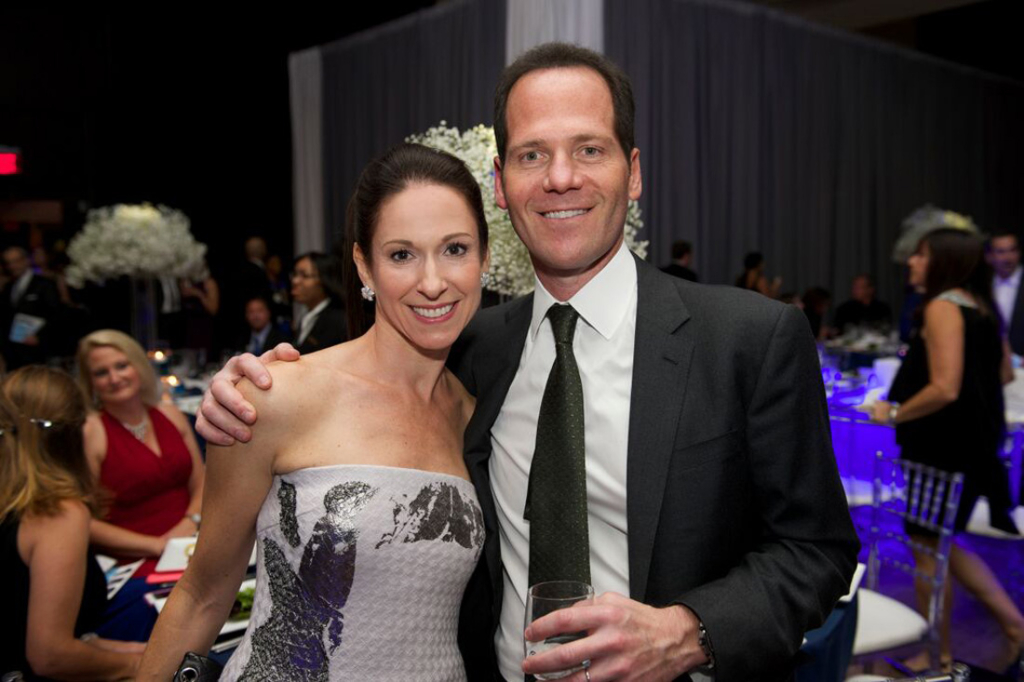Buckhead family funds cutting-edge research.

When 2-year-old Ian, the son of Cheryl and Phil Yagoda of Buckhead, was diagnosed with a lesion in his brain stem, the couple was stunned to learn there was no cure. Desperate to find a way to help Ian and the 40,000 other kids in the U.S. living with brain and spinal cord tumors, they established Ian’s Friends Foundation (IFF) to fund cutting-edge research.
“In September, the CDC named brain cancers the deadliest form of childhood cancer, surpassing leukemia,” says Phil Yagoda. “It makes our work even more imperative.” At 12, Ian is thriving. “Doctors call him a miracle child, but most children are not that fortunate. Every time he has an MRI, we hold our breath,” his father says.
“A major problem is that scientists don’t share information. To encourage joint ventures, we started the IFF Pediatric Brain Tumor Biorepository at Children’s Healthcare of Atlanta (CHOA) that offers free tissue samples to research hospitals across the U.S. These efforts enable us to cross pollinate research information between institutions,” Yagoda says.
One of the most significant results of IFF’s funding has been a project called the “tumor monorail.” With the exciting results from this project, it is possible for a tumor to be moved from an inoperable place to one that is more easily treated. Developed through a collaboration between Georgia Tech, CHOA and Emory University, the discovery won the prestigious Eureka Award from the National Institutes of Health. The next step is getting it to human trials and one day finding a cure.
For more information and to donate, visit iansfriendsfoundation.com.
Simply Buckhead is an upscale lifestyle magazine focused on the best and brightest individuals, businesses and events in Buckhead, Brookhaven, Sandy Springs, Dunwoody and Chamblee. With a commitment to journalistic excellence, the magazine serves as the authority on who to know, what to do and where to go in the community, and its surroundings.











